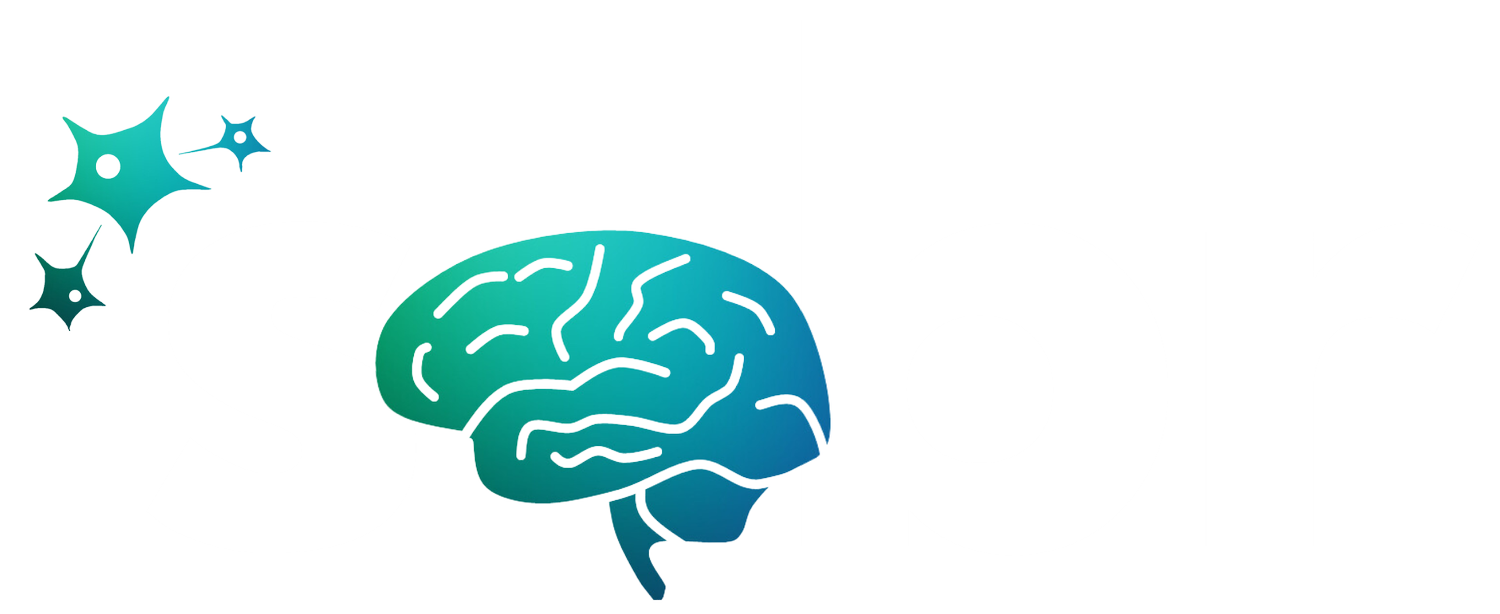Psychedelic-assisted therapy for Functional Neurological Disorder (FND)
“Understanding and harnessing the therapeutic mechanisms of psychedelic-assisted therapy could enhance the treatment of complex neuropsychiatric conditions, offering hope to those who have long suffered in silence.”
Dr Chiranth Bhagavan, a consultant psychiatrist and PhD candidate at the Department of Psychiatry, University of Melbourne, is exploring the neuroscientific mechanisms involved in psilocybin-assisted therapy for Functional Neurological Disorder (FND).
This PhD is part of a broader initiative exploring psilocybin-assisted psychiatric care and specialist physiotherapy in motor FND. Individuals with motor FND have abnormal movements, such as weakness or tremor, without corresponding abnormalities in the brain structure. Instead, these symptoms arise from how the brain functions and communicates with the body. It is associated with profound individual disability, functional impairment, and wide-reaching impacts towards carers, families, and communities. For these motor symptoms, the expert consensus is to include physiotherapy as part of a multidisciplinary approach. However, despite available treatments, these functional brain processes are often resistant to change, and many suffer long term disability. Accordingly, FND has been referred to as “Australia’s silent crisis”.
Psychedelics, such as psilocybin, with adjunctive therapy have shown promise in treating several neuropsychiatric conditions including depression, anxiety, and substance use disorder. One proposed mechanism is that psilocybin helps relax certain brain networks, increasing the brain's sensitivity to therapeutic interventions. In motor FND, therein lies the potential for psilocybin – by relaxing these altered brain process and allowing individuals to relearn normal behaviours during physiotherapy.
Dr Bhagavan’s PhD research focuses on analysing brain activity via functional magnetic resonance imaging (fMRI) scans before and after psilocybin-assisted psychiatric care and specialist physiotherapy in motor FND. While numerous studies have examined brain activity in FND, few have investigated changes in brain activity and biomarkers of treatment response over time and following an intervention. And despite these proposed theoretical mechanisms of psychedelics, few studies have examined the brain activity following psychedelic-assisted therapy in clinical populations, including no such studies in FND. Dr Bhagavan’s research is pioneering in this regard.
Considering both this significant need and theoretic rationale, this project will deepen the neuroscientific understanding of FND and provide insights into the mechanisms underpinning psilocybin-assisted psychiatric care and physiotherapy in motor FND. Dr Bhagavan’s research holds significant potential to inform future studies in this context and the application of psychedelic-assisted therapy in related neuropsychiatric disorders such as chronic pain, fibromyalgia, and chronic fatigue syndrome.
Dr Chiranth Bhagavan
PhD Candidate, Department of Psychiatry, University of Melbourne

